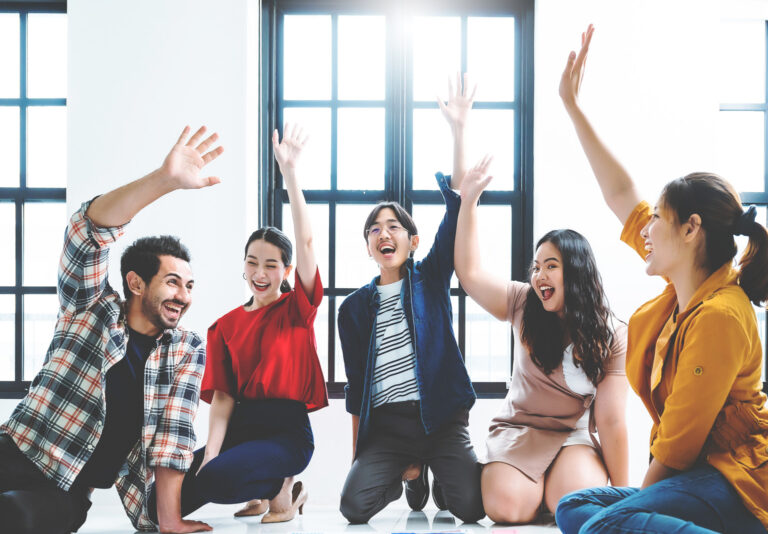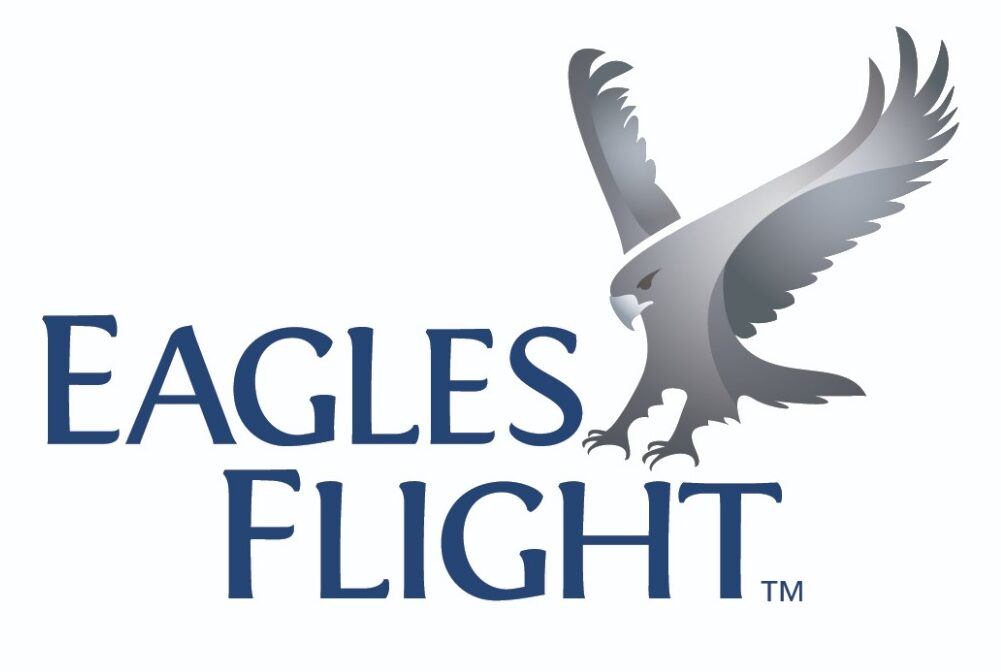- Training and Development
- Eagles Flight Asia
- 16 January 2024
Beyond Resolutions: Boost Self-Development with Experiential Learning

The start of a new year ushers in a strong desire for self-development. We see social media awash with content about good habits, resolutions, and ‘new me’ affirmations, often on a personal level. And it’s just as important to embark on self-transformation on the professional level. For leaders, managers, and executives, setting the tone for the new year with good habits, resolutions, and ‘new me’ affirmations are healthy ways to take their teams to a higher level, usually through influence or example. But is it enough?
A better approach is to multiply the effect of self-development such that it sparks improved performance across the whole team or organization. One way is through experiential learning. It is a powerful method of learning that instills a growth mindset through highly immersive activities, enabling people to clearly see the immediate results of both hardwired behaviors and new ways of doing things.
Experiential learning leads to self-development. Self-development supports experiential learning.
But Is There a Difference Between the Two?
Experiential learning revolves around the principle that individuals acquire knowledge, skills, and values through direct experiences. This method, popularized by educational theorists like David Kolb, emphasizes learning by doing, where individuals actively engage in experiences and reflect on them to derive insights and learning outcomes. This process is made even more effective by a debrief from a skilled facilitator.
Through experiential learning, individuals immerse themselves in real-world scenarios, allowing for a more hands-on approach to learning. By clearly seeing the results of their behaviors and experimenting with new approaches, they internalize insights that drive behavior change.
On the other hand, self-development focuses on intentional efforts to enhance one’s abilities, traits, and overall well-being. It encompasses activities and strategies aimed at personal growth, ranging from setting goals and acquiring new skills to improving emotional intelligence, among others. Unlike experiential learning’s emphasis on direct experience, self-development involves a conscious proactive approach to refining oneself through various means, such as goal setting, seeking mentorship, engaging in specific practices like meditation or fitness routines, and upskilling.
Self-Development | Experiential Learning |
Spend more time with friends. | Boost communication skills. |
Become a better listener. | Enhance team dynamics and collaboration. |
Learn a new language. | Build a stronger personal brand. |
Travel to new places. | Understand other people’s perspectives. |
Read more books. | Improve decision-making and leadership. |
Training for new skills, approaches, and behaviors is where experiential learning shines.
Where They Intersect
Experiential learning fuels the desire for self-development. As participants uncover their biases and see the outcomes of certain behaviors, they are primed to change, to work on their weaknesses, or to address any gaps in the way they work. But the impetus for personal transformation doesn’t remain with the person. Experiential learning orients self-development toward better team dynamics, a culture of resilience, and visionary thinking. In other words, the power of change moves from the individual level to the team and organizational levels.
On the other hand, self-development puts individuals in a better position for learning once they go through experiential training. People who already have the mindset of wanting to improve their habits and achieve personal goals will see the relevance of the experiential activities they participate in and the insights they derive from them.
By both practicing self-development and engaging in experiences that stretch their limits, leaders will cultivate a growth mindset essential for steering organizations through dynamic landscapes. The fusion of experiences with deliberate self-development practices nurtures leaders who can drive innovation, embrace change, and foster a culture of learning within their teams.
Experiential learning is a catalyst for personal growth. Self-development practices enhance one’s capacity to derive meaningful insights from experience.
Mindset is everything.
—–
Eagles Flight Asia is a leading experiential learning provider across Singapore and the Asia Pacific region. We provide learning & development and behavior change programs around culture, leadership, change management, onboarding, employee engagement, and more.
The Eagles Flight brand of experiential learning engages and challenges all levels of participants, delivering a competitive edge to all sizes of organizations through behavior change that leads to improved performance.
